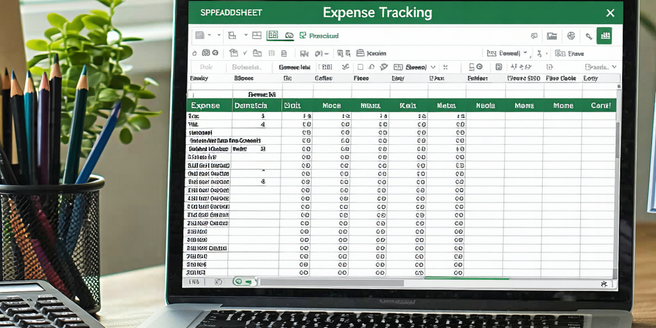
Understand Your Spending Habits
To avoid falling into credit card debt, it’s crucial to have a clear understanding of your spending habits. Start by tracking all your expenses for a month to identify areas where you might be overspending. Utilize apps or financial software to categorize your expenditures and see which categories exceed your budget. Ask yourself if these expenses align with your values and financial goals. It’s possible to make small adjustments and changes that can have a significant impact on your savings and create lasting habits that benefit your fiscal health. Being conscious of when and why you generally use your credit card can help establish triggers and patterns that lead to unnecessary purchases. Increasing awareness of these patterns can inform better future spending decisions that are more in line with your financial goals and commitments.
Set a Realistic Budget
Establishing a realistic budget is a foundational step toward avoiding credit card debt. By setting clear limits on how much you can spend on different categories like groceries, dining out, and entertainment, you can control your spending more effectively. Begin by calculating your total income and subtracting mandatory expenses such as rent, utilities, and loan payments. Allocate the remaining funds to various spending categories and save a portion for savings. Make sure the budget reflects your lifestyle but also challenges you to cut unnecessary expenses. Regularly review and adjust your budget as your income or expenses change to maintain control and prevent debt from sneaking up on you. A budget is a living document that may require alterations over time to align with your financial situation and objectives.
Pay More Than the Minimum Payment
When you only pay the minimum amount on your credit card balance, you may be setting yourself up for a longer, more costly path to being debt-free. Interest accrues on the remaining balance, which can significantly increase the amount you owe over time. Instead, aim to pay more than the minimum each month, accelerating your debt repayment timeline and reducing the amount of interest paid overall. Even a small increase above the minimum can make a significant difference. Allocate extra funds towards the highest interest debt to save more in the long run. Commit to this approach, and you’ll not only clear your debt faster but also lower your credit utilization ratio, potentially enhancing your credit score.
Take Advantage of Automatic Payments
Using automatic payments can be an effective way to avoid late fees and penalties that can contribute to debt accumulation. By setting up automatic payments for at least the minimum due, you ensure that you never miss a payment deadline. However, it’s important to keep track of your account balance to avoid overdrafts. Automatic payments also help in maintaining a consistent repayment record, which positively impacts your credit score over time. You can set automatic payments through your bank or directly via the credit card issuer’s website or app. This streamlined process reduces stress and frees you from the need to remember each due date, making it easier to manage multiple financial obligations without the anxiety of missed payments.
Limit the Number of Cards You Use
Having multiple credit cards can lead to confusion and overspending, ultimately resulting in increased debt. By limiting the number of cards you use, you simplify your financial situation and make it easier to track expenditures. Focus on cards that offer the best rewards or lowest interest rates, and keep others for emergencies. This approach helps you to better manage due dates, credit limits, and can reduce the temptation of maxing out multiple cards. It’s easier to monitor statements and quickly spot any unauthorized transactions. Limiting your cards can also prevent you from spreading your spending too thin, ensuring that you’re able to pay off balances more effectively each month and protect your credit score.
Create an Emergency Fund
Building an emergency fund is a key strategy to avoid accumulating credit card debt. An emergency fund provides a financial cushion that can cover unexpected expenses such as car repairs, medical bills, or job loss, preventing you from needing to rely on credit cards. Start by setting a target amount, ideally three to six months of living expenses, and automate savings to a separate account dedicated to emergencies. Begin small if necessary, funding the account with whatever you can afford, and gradually increase it over time. An emergency fund can alleviate stress during unforeseen situations and give you peace of mind, knowing that you have other options besides immediate and high-interest credit card use.
